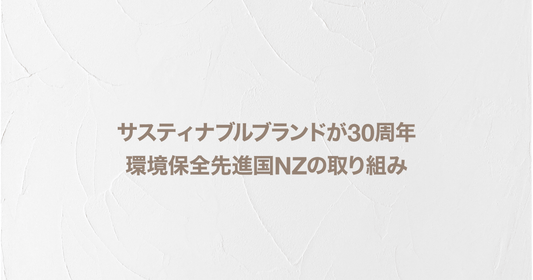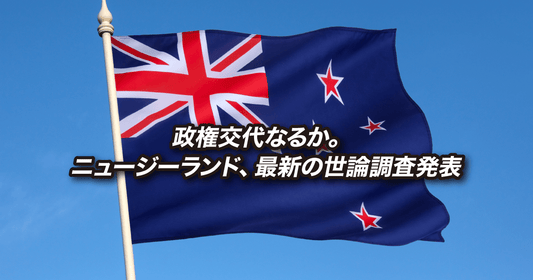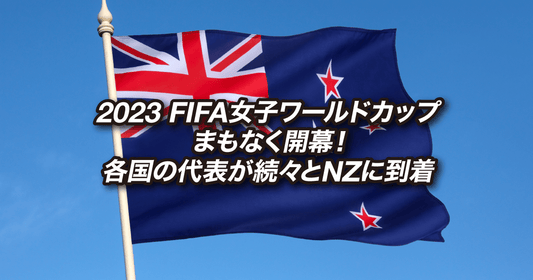
July is Plastic Free July, a month created by an Australian organization. In recent years, New Zealand has also been making various efforts to combat plastic waste, and has announced a policy to ban disposable plastics by 2025 .
Eliminate single-use plastics
The ban will not only apply to plastic bags, plastic drink cups and straws, but also to things like the Zespri stickers on kiwi fruit, with the policy being phased in between the second half of 2022 and July 2025.
▶ New Zealand to ban a raft of single-use plastics by 2025
Of course, the government will also provide subsidies to companies for the costs of developing and introducing alternatives to plastic.
New Zealand's Environment Minister, David Parker, said the timing was to strike a balance between growing public demand for regulation of plastics and giving companies the time they need to find alternatives to plastic.
Governments are encouraging companies to use alternatives to plastic, and there are already options such as recyclable plastics and paper.
said Parker.
New Zealand has already phased out plastic shopping bags in 2019.
With support from people and businesses alike, it's time for New Zealand to take the next step.
He said.
McDonald's also takes action
One of McDonald's most popular menu items in New Zealand is the ice cream sundae drizzled in hot chocolate sauce.

Source: McDonald's New Zealand
McDonald's is planning to replace all the plastic cups and forks used in its ice cream sundaes with paper or wooden ones. The McFlurry cup has already been changed to a paper one. Last year, the spoon was changed to a bamboo one, and later the straw was changed to a paper one.
Customers have generally been favorable towards this change. However, some are concerned about the feel of the spoons and straws, and some even bring their own spoons and straws. Although this is a good thing, there are still concerns about hygiene and health.
" McDonald's New Zealand managing director Dave Howes said:
In addition, in New Zealand, the recycling process varies from region to region, and in some cases there are no recycling sites, so reducing carbon dioxide emissions from transporting waste to appropriate locations is also a challenge.
By the way, when you think of McDonald's in New Zealand, you think of the Kiwi Burger!

Source: McDonald's New Zealand
It contains eggs (free-range, of course) and beetroot, which Kiwis (the nickname for New Zealanders) love. If you visit New Zealand, be sure to give it a try.
Plastic-free kitchen
The City of Oakland website has some ideas for reducing plastic in your kitchen. Please give them a try!
- Choose glass or stainless steel storage containers, and reuse any plastic containers you already have.
- Instead of throwing away plastic containers, try to find other ways to reuse them.
- Bring your own bags to supermarkets and markets.
- Use dishwasher detergent in powder form in a cardboard box, not liquid in a plastic container.
- When washing dishes, avoid sponges made from synthetic fibers and use ones made from natural fibers such as cotton.
- Avoid plastic-packaged dishwashing detergents; use baking powder or bar soap instead.
- Instead of plastic wrap, try using fabric wrap coated with beeswax (available in New Zealand).
- Avoid single-use plastics when wrapping your baked goods.
- Use stainless steel kitchen utensils and avoid Teflon-coated pans.
- Avoid using plastic bags inside your trash can; use newspaper or other paper instead, and wash your trash can when it gets dirty.
- Try to reduce food waste as much as possible by composting or using vegetable cores in cooking. 45% of Auckland's garbage is food waste (based on weight).
- Learn how to store food without using plastic containers to make it last longer.





